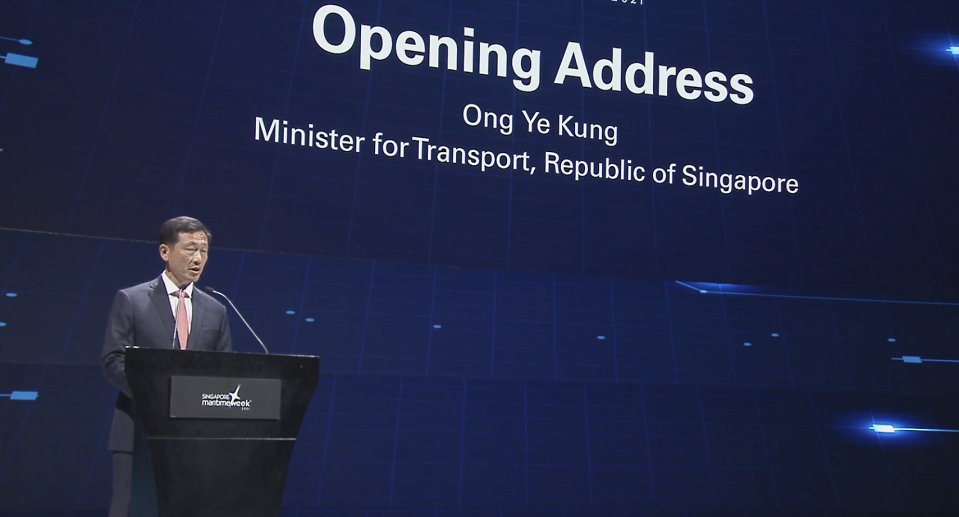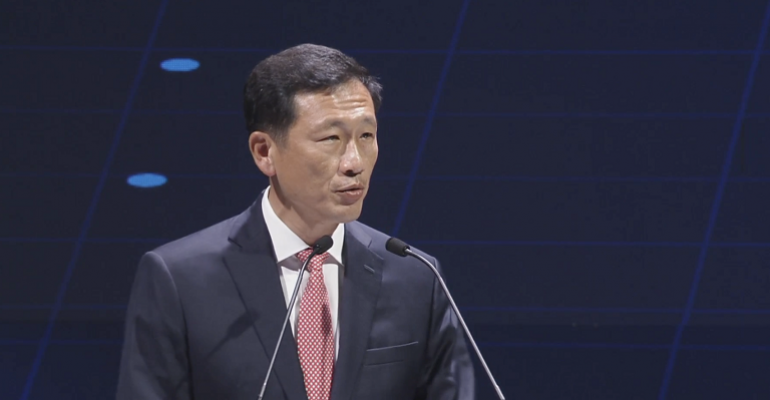Speaking at the opening of the 15th Singapore Maritime Week (SMW) Singapore Transport Minister Ong Ye Kung noted renewed importance of resilience in the light of supply chain disruption caused by Covid-19 and more recently the blockage of the Suez Canal by the grounding of the Ever Given.
“To prepare for future disruptions, there have been talks of in-shoring, to reduce the reliance on foreign supplies, focus more on ‘just-in-case’ and less on ‘just-in-time’,” Minister Ong said.
However, the scope for such changes would be limited. “I think countries can do this, but probably only at the margins. It is not possible to unwind globalisation and the complex supply networks that have been set in place. For example, Apple relies on a network of manufacturers from almost 50 countries to produce an iPhone, while Pfizer needs over 5,000 suppliers to manufacture its vaccines.”
The closure of the Suez Canal, which carries 12% of global trade has caused global disruption to the supply chain. Singapore sits along another key waterway the Malacca and Singapore Straits which carries three times the volume of global trade of that of the Suez Canal.
“Ensuring the safety and openness of international trade arteries like the Straits of Malacca and Singapore therefore remains a critical task, and requires the collective effort of all stakeholder countries,” Ong said.
“Because of this, the Maritime Port Authority (MPA) of Singapore will continue to enhance its Vessel Traffic Information System (VTIS) to ensure safety of navigation, including early detection of collision and grounding risks.”
Another threat to the resilience of the supply chain has been the impact of Covid-19 on seafarers, with the crew change crisis and now the challenge of vaccinating the global, frontline workforce.

“To date, 30,000 frontline maritime personnel, including seafarers, have received at least their first dose of the vaccine, with 23,000 having received both doses. If you look at frontline maritime workers who are at higher risk, over 95% have been vaccinated,” Ong said.
Looking to the challenge of vaccinating the global workforce the Minister said: “The IMO is working with international unions and shipping associations to secure vaccines for a network of seaports that can assist in the vaccination of international sea crew. This is an important effort to strengthen maritime resilience, and Singapore will do our best to support this international effort.”
The 15th SMW runs from 19 – 23 April and will comprise a mix of 19 hybrid and online events, with over 100 speakers and 6,000 participants.
Copyright © 2024. All rights reserved. Seatrade, a trading name of Informa Markets (UK) Limited.
Add Seatrade Maritime News to your Google News feed.  |


